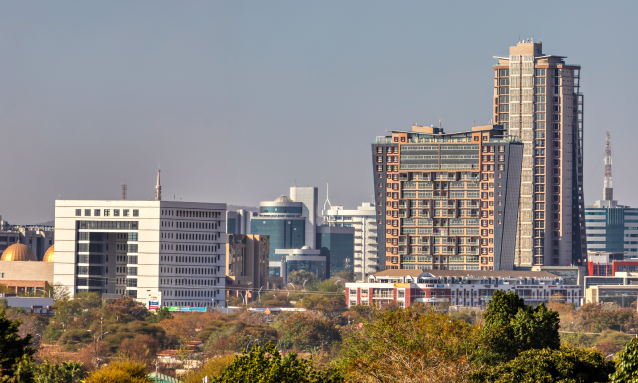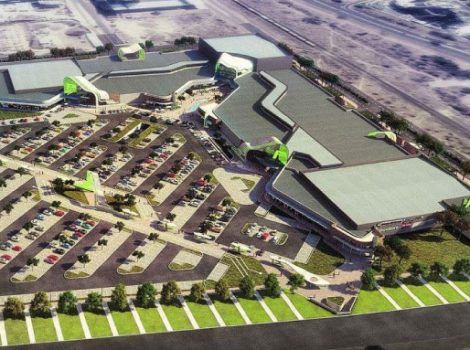
What does Botswana do for its second act? Once the model African economy, Botswana boasted the world’s fastest growth rate for three decades. It still ranks amongst the best in Africa in per capita income, macro-economic stability and governance. Recently, however, growth has slowed. It is in this context that the 2020 budget states that “it cannot be business as usual”. While the budget proposes reforms, it does not go far enough. To achieve the Vision 2036 target of High-Income status, Botswana needs a bold, new strategy for growth and project delivery.
The challenge ahead is enormous. Botswana must grow at 6% per annum until 2036 to be a High-Income country. This is much higher than the 3,7% rate over the last decade. To complicate matters, De Beers’ profits halved in 2019, threatening the key foreign exchange source.
In addition, Botswana has four systemic issues: low linkages to the global trading system; high-income inequality; poor project delivery; and persistent unemployment. Any successful development strategy must address them.
To rediscover its sparkle, Botswana needs a national economic strategy. Fast-growing economies such as Malaysia and Singapore have detailed strategies. Malaysia has 6 strategic themes and 7 focus economic areas including services, manufacturing and innovation, and has added diligent project management to achieve 5% growth over the last decade. A strategy goes beyond national development planning by conducting an exhaustive review of the nation’s strengths and weaknesses to identify key sectors in which the country can compete globally. The strategy includes flagship projects with a clear value proposition and expected GDP contribution and job creation. A strategy would enable the Botswana government to focus on projects with the highest potential return.
To support transformative projects, Botswana must also improve enablers. These include ease-of-doing-business, infrastructure, human capital and technology. Worryingly, Botswana lags far behind in many of these areas.
In the World Bank’s Doing Business Index, it ranks 87th out of 190 countries. It sits at 81st out of 100 nations in the Facebook Internet Inclusion Index that measures broadband infrastructure. As these catalyse many sectors, it is a priority to fix them.
Botswana has commissioned strategy studies before. These include Michael Porter’s ‘New Economic Strategy’ and the ‘Business Excellence Strategy’ by the Business Economic and Advisory Council. However, they excluded the critical element of project delivery. Stakeholders must fully buy into the strategy as the path forward. There must be a detailed implementation plan to improve accountability. Additionally, introducing a SWAT team to give detailed status updates and troubleshoot challenges can solve inconsistent project implementation. These teams typically draw experienced project managers from the private sector. Countries such as Malaysia and UK have accelerated projects in this fashion.
Once there is a strategy, other priorities fall into place. It is much easier to drive citizen economic empowerment (CEE) when there is a vigorous economy, prospects for SMEs to serve corporations, and opportunities for local businesses to export to neighbouring markets. State-Owned Entity (SOE) rationalisation is also easier when there is clarity on national priorities.
Botswana starts with good assets in place. The country has a positive reputation globally and a good credit rating. It can also invest in priority sectors via Debswana and Botswana Development Corporation (BDC) which both have a long history of managing large investments and working with foreign partners. This is similar to how Singapore scaled Temasek to a global investment company with assets worth $200Bn.
To quickly gain the public’s confidence, the government can implement quick wins in the World Bank Doing Business Index. Botswana can set an aspiration to rise 30 places by implementing reforms that make its government processes world class.
The starting point is a winning economic strategy. Batswana can rally around this to restore the country to its rightful place as the success story of Africa.
Source: http://www.sundaystandard.info/restoring-botswanas-economic-sparkle/



